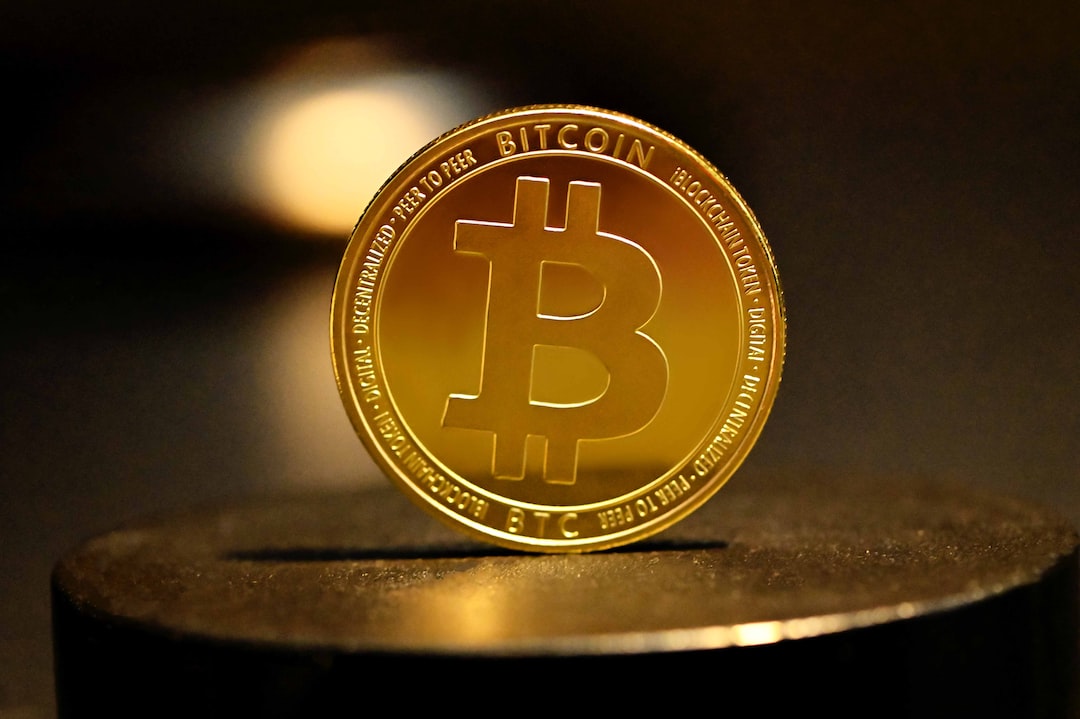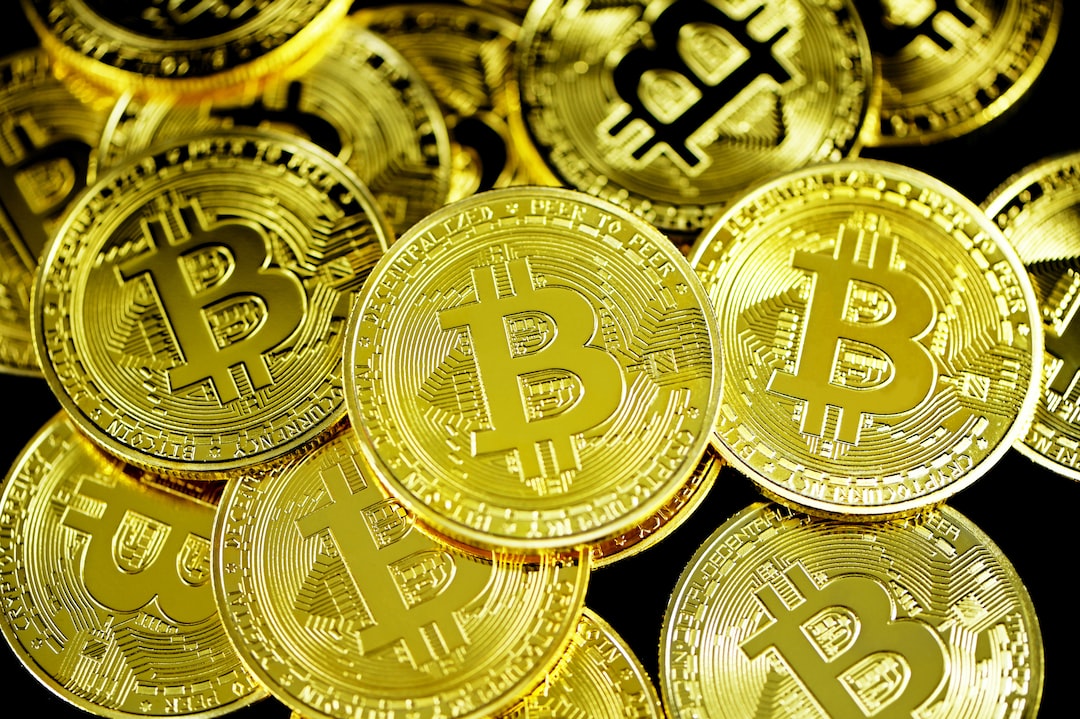In the US SEC v. Ripple Labs: Judge Torres Ruling and the Importance of the Coinbase Case
In the ongoing legal battle between the US Securities and Exchange Commission (SEC) and Ripple Labs, a recent ruling by Judge Torres has introduced the Torres Doctrine, stating that XRP sales on crypto exchanges and by executives are not securities. Now, the focus has shifted to Coinbase’s motion to dismiss the SEC lawsuit, which many believe is even more crucial than the Ripple case.
Key Points:
- XRP lawyer John E. Deaton believes that Judge Failla, who is presiding over the Coinbase case, will likely adopt the Torres Doctrine and dismiss a portion of the SEC complaint.
- If Judge Failla accepts the Torres Doctrine, a settlement between Ripple and the SEC is more likely.
- A victory for Coinbase in this case would prove that token sales on the platform are not securities, providing clarity on crypto rules and guidance.
- Deaton argues that many lawyers are underestimating Coinbase’s chances of winning against the SEC, but a partial victory would be significant for the crypto industry.
- A favorable outcome for Coinbase could increase the chances of spot Bitcoin ETF approval.
CoinGape Media has reported that Deaton and Coinbase’s Chief Legal Officer, Paul Grewal, both believe that the SEC’s interlocutory appeal will be rejected. The SEC’s actions have been criticized by federal judges and members of the US Congress, with Senator Cynthia Lummis urging the court to dismiss the lawsuit due to the agency’s actions against Congress and potential impact on other regulators.
Currently, the price of XRP is trading above the $0.50 support level, showing a 1% increase in the past 24 hours, with a low and high of $0.500 and $0.512, respectively.
Hot Take:
The ruling on Coinbase’s motion to dismiss in the SEC lawsuit carries significant implications for the entire crypto industry. If successful, it would provide clarity on the classification of token sales and potentially pave the way for further regulatory developments. This case highlights the ongoing tension between regulators and the crypto space, and its outcome could shape the future of digital asset regulation in the United States.





 By
By
 By
By
 By
By
 By
By
